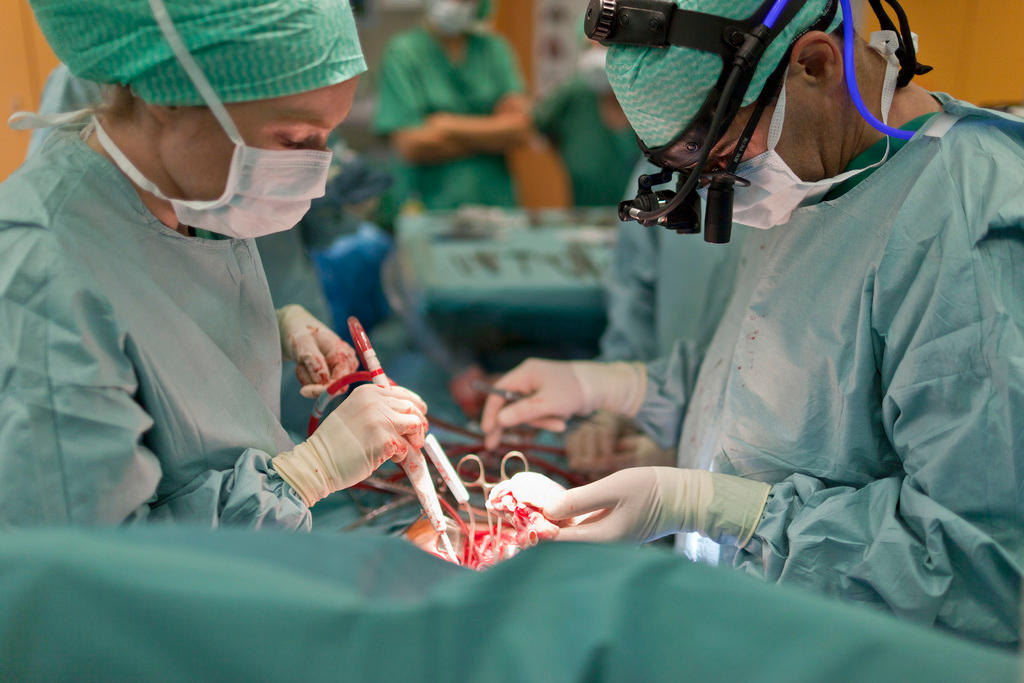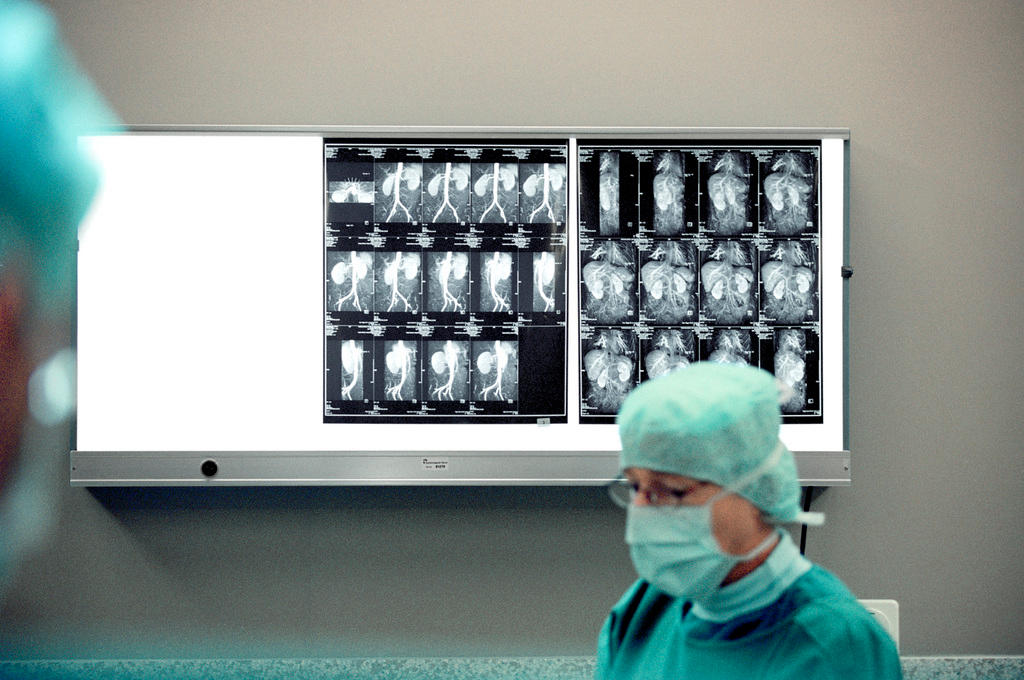Young entrepreneurs launch organ donor initiative

A group of young entrepreneurs has officially launched a people’s initiative aimed at promoting organ donations in Switzerland.
The Swiss chapter of the Junior Chamber International – an international NGO of entrepreneurs aged 18-40 – and the non-profit Swisstransplant foundation want to change the law to reverse the explicit ‘opt-in’ policy of consent by a potential organ donor and introduce the principle of presumed consent.
“The law will indicate that we are all potential donors of organs and body tissues unless we have refused to do so while alive,” the group told reporters on Tuesday.
People who disagree with the idea of donating their organ would have to indicate their refusal by signing a national register. In September, Swisstransplant CEO Franz Immer announced plans to create a national register for people willing to donate their organ.
The campaigners must now collect 100,000 signatures before April 17, 2019 in order to force a nationwide vote.
Individual rights and growing needs
Two years ago, parliament rejected proposals for a policy change amid opposition by the government’s advisory commission on biomedical ethics. The commission argued that presumed consent jeopardises individual rights.
The campaigners hope to significantly increase the number of organ and tissue donors in Switzerland.

By the end of last year, there were 1,480 Swiss residents waiting for transplants – 38% more than in 2010. Every year 100 people die in Switzerland as they are unable to find a suitable organ donor.
Switzerland registered just 111 organ donors who were in a brain-dead state, or who had died of cardiac arrest, in 2016. This figure corresponds to 13.3 organ donors per million inhabitants – which puts Switzerland in the bottom third of a ranking of European countries.

In compliance with the JTI standards
More: SWI swissinfo.ch certified by the Journalism Trust Initiative












You can find an overview of ongoing debates with our journalists here . Please join us!
If you want to start a conversation about a topic raised in this article or want to report factual errors, email us at english@swissinfo.ch.